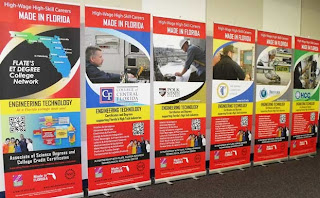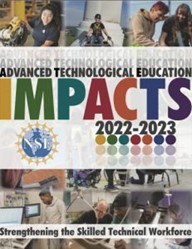Research Methodologies & Findings Examining Educational and Professional Trajectories of Engineering Technology Students
Last month we brought you a story about the PathTECH grant and its role in examining career pathways of students in engineering technology. This month we will take a step further in the same direction and take a closer look at some of the research methodologies and findings of the PathTECH team. As a recap, Successful Academic and Employment Pathways in Advanced Technologies, or PathTech, is part of the National Science Foundation’s (NSF) Advanced Technological Education (ATE) program committed to support/fund community college programs that boost technician education across the nation. The grant targets high school and community college programs, and is devoted to researching pathways into technician education programs, gauge effectiveness of these programs, analyze outcomes of these targeted programs, and answer some of the questions that germinate from the ATE projects.
quantitative research component. The qualitative research represents an inductive approach whereby researchers are trying to build an understanding of a particular social experience. Lakshmi Jayaram, lead qualitative investigator for the PathTech grant and Sociology research assistant professor at USF, describes the qualitative component “as an attempt to gain an in-depth understanding of what the pathways (into engineering technology) are, and social experiences connected to each of those pathways.” The PathTech team is currently conducting a series of interviews with high school and community college students, faculty and administrators at HCC, SPC, PSC and SCF as well as industry personnel and employers from Hillsborough, Pinellas, Polk and Sarasota-Manatee counties who are involved in engineering technology related career academies/CTE programs. Through the interviews, “we hope to construct a rich and in-depth understanding of what these pathways from education to occupation in the engineering technology field look like” Jayaram said.
interviewees. In terms of high school students, it shows they are either interested in pursuing a four year college degree, or contemplating on attending community colleges that offer co-op programs with local industries, or are interested in directly entering the workforce. Preliminary data from interviewing community college students suggests most are older students in their 30s, 40s, or 50s, are already working in ET related fields, and are either taking courses to add to their skills set, expand their responsibilities at work, or gain higher wages.
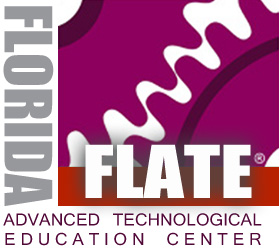
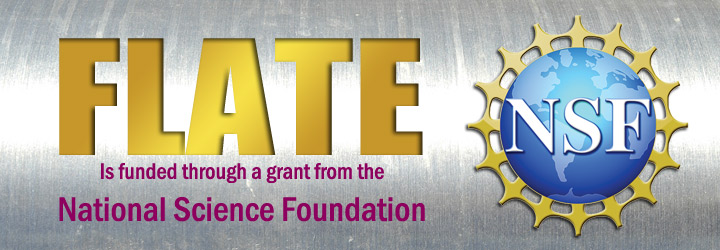
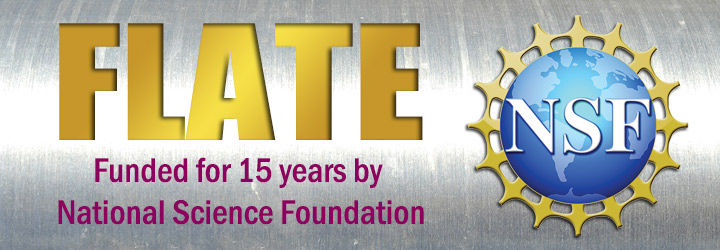





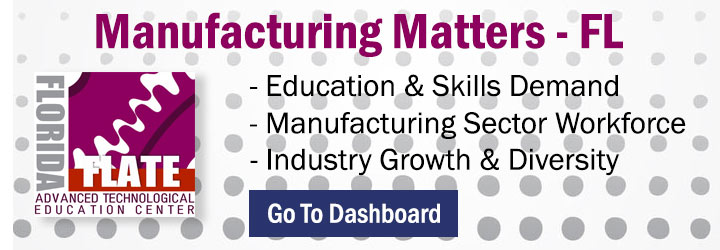


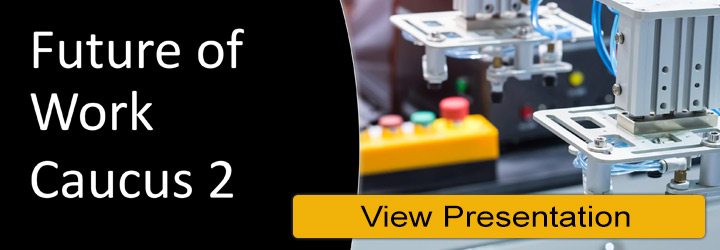
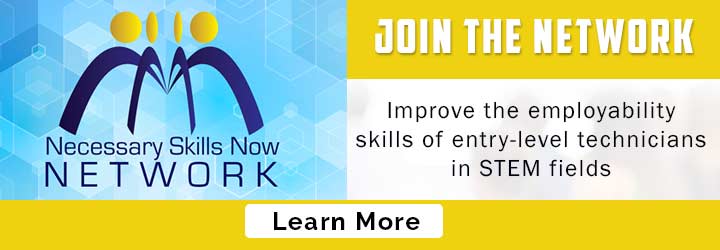
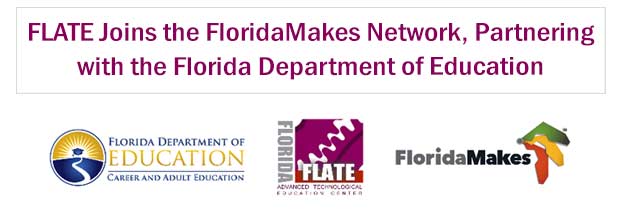
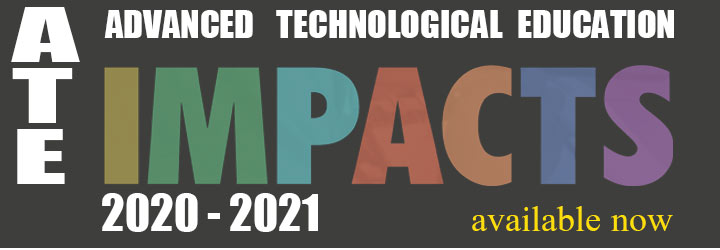
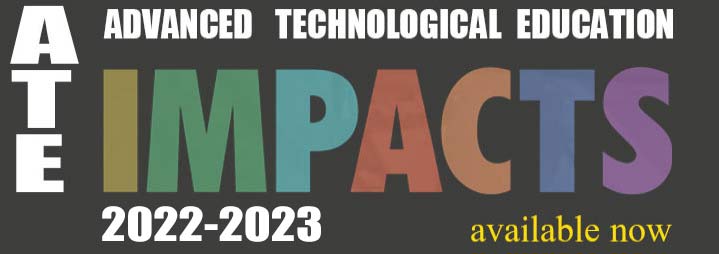
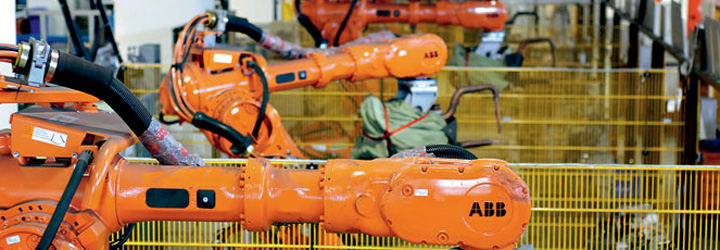
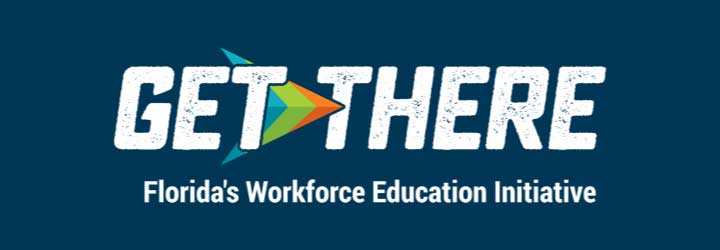
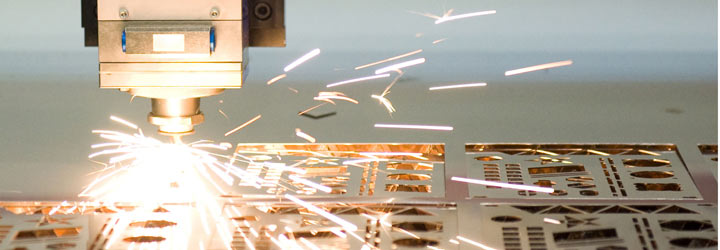
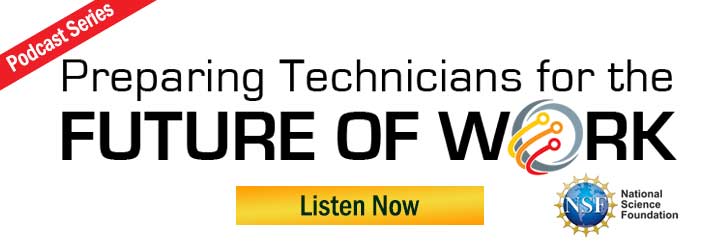
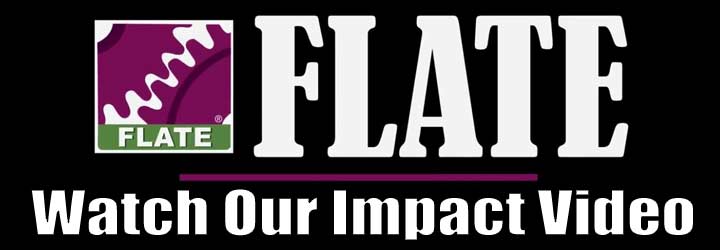


.jpg)
